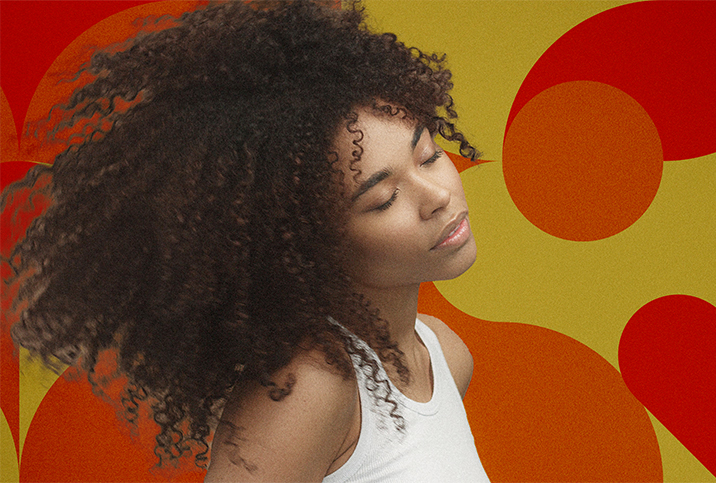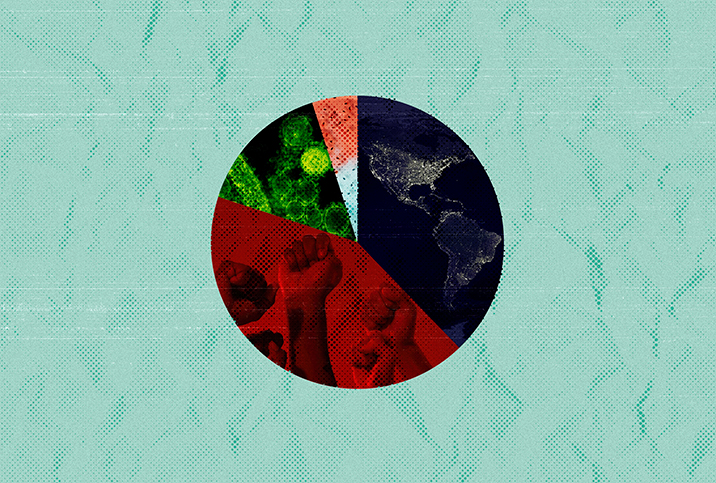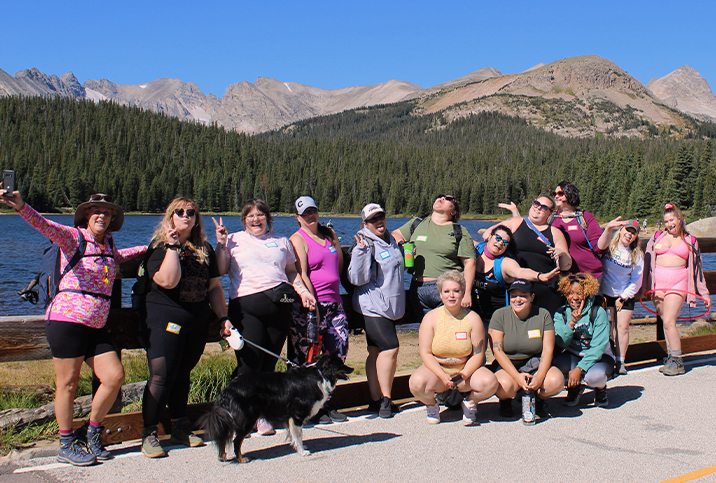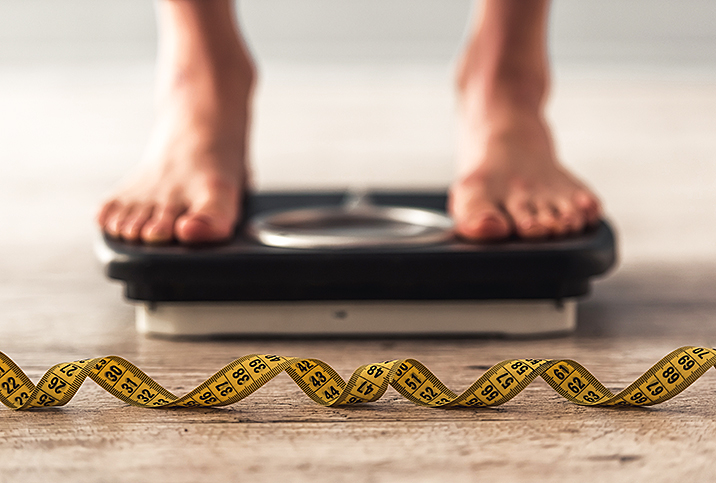Body Positivity Is Not the Answer for Diverse Bodies

Self-love and the body positivity movement have overflowed on social media in the past decade. Our feeds are bursting with influencers posting their scars and stretch marks alongside captions that reiterate the importance of loving our own bodies as a way to fight back against unrealistic beauty standards.
But how useful is this movement in reality? When put to the test, is self-love enough to counteract the effects that beauty standards have on our mental health?
Origin of the term
Body positivity movements of today stem from the fat rights and fat liberation movements that originated in the 1970s in the United States. Fat rights sought to end oppression and harmful ideas about fat people that continue to permeate society to this day. While these movements were much more politicized and centered around oppression, their terms and ideas were gradually appropriated and transformed.
The movement we now know doesn't necessarily center around fat folks or encompass all nonnormative bodies. The term "body positivity" has been conflated with the idea of "self-love," watering down fat liberationist origins even more. As a result, anybody can talk about their body positivity journey even if they have bodies that fit beauty standards, therefore erasing the original intent behind the creation of a movement that actively honors fat people's experiences.
Aesthetic violence
That the body positivity movement has morphed over time doesn't erase the fact that we still require language and spaces that allow us to talk about the consequences we face for not fitting current beauty standards.
Venezuelan sociologist Esther Pineda, Ph.D., defined these consequences as "aesthetic violence" in her 2021 book "Bellas para morir" ["Beautiful to Die For"]. Pineda uses this term to define narratives, representations, practices and institutions that exert prejudicial pressure against women to force them to respond to current beauty standards, as well as the effects this pressure has on their lives. These standards have become extensive due to mass media exporting images of what the ideal woman should look like—images that reflect racist, fatphobic, transphobic, ableist, ageist and other prejudiced ideas.
According to Pineda, this is due to the fact that in the U.S., beauty is characterized by being commodified, serialized, reproducible, uniform, standardized, massified and quickly disposable in tune with processes of commodification, industrialization and technification of society. In other words, beauty is achievable by forcing women to fit a narrow and homogenous look by any means necessary, thanks to technological advancements that allow us to shape our faces and bodies to an industry standard of what is considered beautiful at the moment.
Visibility and individual celebrations of our bodies cannot be the end goal for movements that seek to dignify nonnormative bodies.
Women are punished for aspects they can't control, such as their bodies changing in a way that is thought of as unattractive or undesirable. Thus, online movements that allow women to celebrate their bodies despite these rigid expectations may feel like progress and a huge step in the right direction.
However, visibility and individual celebrations of our bodies cannot be the end goal for movements that seek to dignify nonnormative bodies. For Da'Shaun Harrison, an author and theorist based in Atlanta, if we believe love is the end goal, then we believe nothing is happening to us beyond what we believe about ourselves.
"And we know that's not true in terms of global structures," Harrison said. "And so, then we become complicit...in the maintenance, the sustainability, the continuation of these structures, which to me, means that we risk our freedom or we risk not ever having freedom."
'Self-love' as 'one size fits all'
Ideas beneath the guise of self-love can also be harmful if we approach them with the same "one size fits all" perspective we are trying to resist when talking about beauty. According to Noris Vargas-García-Aguirre, a Caribbean anti-fitness personal trainer affiliated with Health at Every Size (HAES), self-love is generally presented as a static idea.
"In this context, self-love is always the same set of things: work out, meditate, drink water, have a social life, walk your dog, work, sleep well, eat fruits and vegetables, all that," she said.
Managing to complete these tasks is firm proof that you "love yourself." However, Vargas-García pointed out, if you don't complete these tasks, then you're not trying hard enough or you still must have more tasks to complete, therefore disregarding people's diverse experiences as well as their particular needs. This is why self-love can't be presented as the same homogeneous set of activities, Vargas-García said.
Self-love and/or body positivity doesn't look the same for everybody, and cannot be thought of as a purpose in itself—though it may be the first step toward appreciation of bodies. Removing body positivity from its original political context also removes any possibility of questioning systemic violence toward people who don't fulfill beauty standards, and also fails to acknowledge that despite individual feelings a person has about their body, institutions mediate access to quality education, health care, housing and other entities. Thus, the question of beauty goes beyond notions of insecurities and ventures into the question of survival.


















